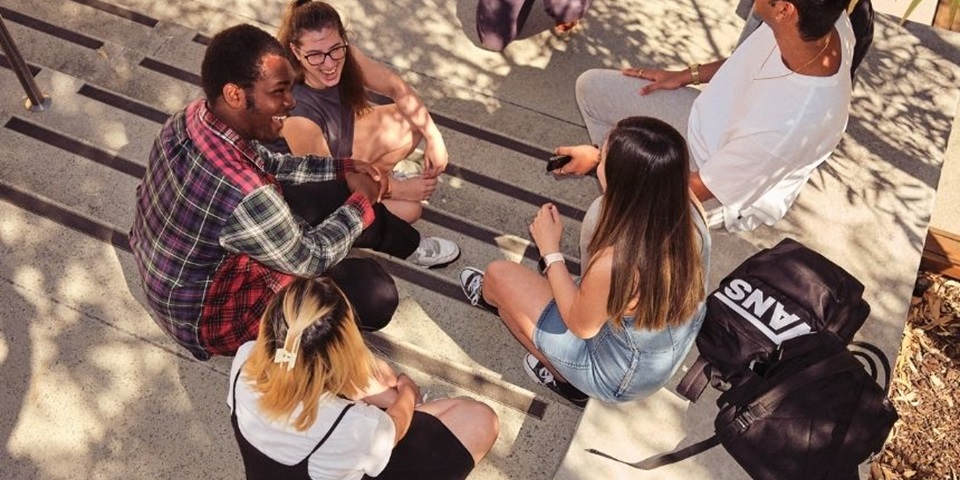Blog
3 tips for helping your teen find their right path

You may feel concerned if your teen or young adult doesn’t know what they want to do. Here’s how you can help them.
The years leading up to high school graduation can be fraught with indecision. It’s natural for young people to change their mind about what they want to be when they grow up, but what happens when your teen doesn’t settle into a decision about university or future studies, even after they graduate from high school?
It’s hard to imagine the stress of trying to figure your whole life out at 16 or 17 years of age. While some young people are self-directed and crave independence, other teens may feel like they have no idea how to make decisions about a future career. It’s a lot to expect of a young person who probably has limited work experience, at best, and has never had to support themselves.
We’ve put together some handy tips for helping your teen set themselves on the right pathway for them.
1. Remember, their pathway doesn’t have to be linear
For a young adult, it can feel like everything in their life is quickly becoming new and unknown. They get a lot of advice about the need to grow up, but they may not feel like they’re mature enough to manage in an adult world. Some embrace the situation and excel, and others need more time. If your teenager is struggling to make choices about university, you may wonder if uni is worth it. Don’t be concerned; it’s more common than you might realise for teens to be confused about their future.
Murdoch University is a place that embraces unconventional approaches to career planning and encourages students to be bold and curious, giving your child ample opportunity to explore their future in a safe and supportive environment.
2. It's normal for students to change their mind or be indecisive
Murdoch University is a great place to explore new options if your child has discovered the degree or training they selected when in high school isn’t what they expected. This is more common than you may realise and occurs when:
The reality of a student’s career isn't what they dreamed it would be.
Your child selected a university course because they felt it was expected of them — or they perceived there was an expectation to study a specific degree.
As they matured, their interests changed. Lilly struggled in high school but has excelled in a Master of Forensic Science degree at Murdoch University.
The plans they made in high school involved other students who are no longer peers and the appeal of an initial career choice has worn off as a result — or wasn’t strong in the first place.
Your child didn’t realise ATAR is not the only way to university.
Your child realised they needed a university degree to meet their lifestyle choices. Maybe they’ve spent time in the armed forces or worked in a trade and their ambitions have changed.
3. Provide career guidance to your teen or young adult
If you sense your teen is struggling, the best thing you can do is to have open conversations with them about their future. This can help to reduce their stress and put structure around their decision-making. It’s also a chance for you to uncover any unspoken concerns or clear up any misconceptions they might have about attending university. Reassure your teenager that it’s okay to take time to explore what they want in life. There’s nothing that says their path through university has to be a straight line.
Murdoch University has a number of different opportunities for young students to learn more about the experience of studying at Murdoch University. Learn about our student support services and encourage them to take advantage of all that’s on offer.
It can take time for your child will figure out what they want to do,, and Murdoch University is there to assist you and your child as you go through this journey.
Learn about all the entry pathways available for your teenager.
Blog
3 tips for helping your teen find their right path
Series
Posted on
Thursday 21 September 2023
Topics